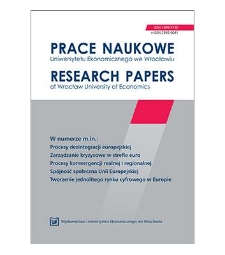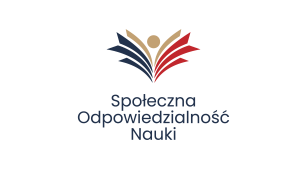Dolnośląska Biblioteka Cyfrowa udostępnia 110 238 obiektów cyfrowych
Obiekt
Tytuł: Droga Polski do euro: w poszukiwaniu spójności monetarnej
Tytuł odmienny:
Poland's Road to Euro: in Search of Monetary Cohesion
Autor:
Słobodzian, Ludmiła ; Stępińska, Monika
Opis:
Abstrakt:
Wydawca:
Wydawnictwo Uniwersytetu Ekonomicznego we Wrocławiu
Miejsce wydania:
Data wydania:
Typ zasobu:
Identyfikator zasobu:
Język:
Powiązania:
Prawa:
Wszystkie prawa zastrzeżone (Copyright)
Prawa dostępu:
Dla wszystkich w zakresie dozwolonego użytku
Lokalizacja oryginału:
Uniwersytet Ekonomiczny we Wrocławiu
Źródło finansowania:
Tytuł publikacji grupowej:
Kolekcje, do których przypisany jest obiekt:
- Dolnośląska Biblioteka Cyfrowa > Uczestnicy Konsorcjum > 04. Uniwersytet Ekonomiczny we Wrocławiu > Czasopisma wydawane przez Wydawnictwo UEW > Prace Naukowe Uniwersytetu Ekonomicznego we Wrocławiu = Research Papers of Wrocław University of Economics
- Dolnośląska Biblioteka Cyfrowa > Zasoby > 2. Czasopisma > Czasopisma współczesne
Data ostatniej modyfikacji:
Oct 10, 2023
Data dodania obiektu:
Oct 10, 2023
Liczba wyświetleń treści obiektu:
51
Wszystkie dostępne wersje tego obiektu:
https://dlibra.kdm.wcss.pl/publication/163039
Wyświetl opis w formacie RDF:
Wyświetl opis w formacie OAI-PMH:
| Nazwa wydania | Data |
|---|---|
| Droga Polski do euro: w poszukiwaniu spójności monetarnej | Oct 10, 2023 |

























